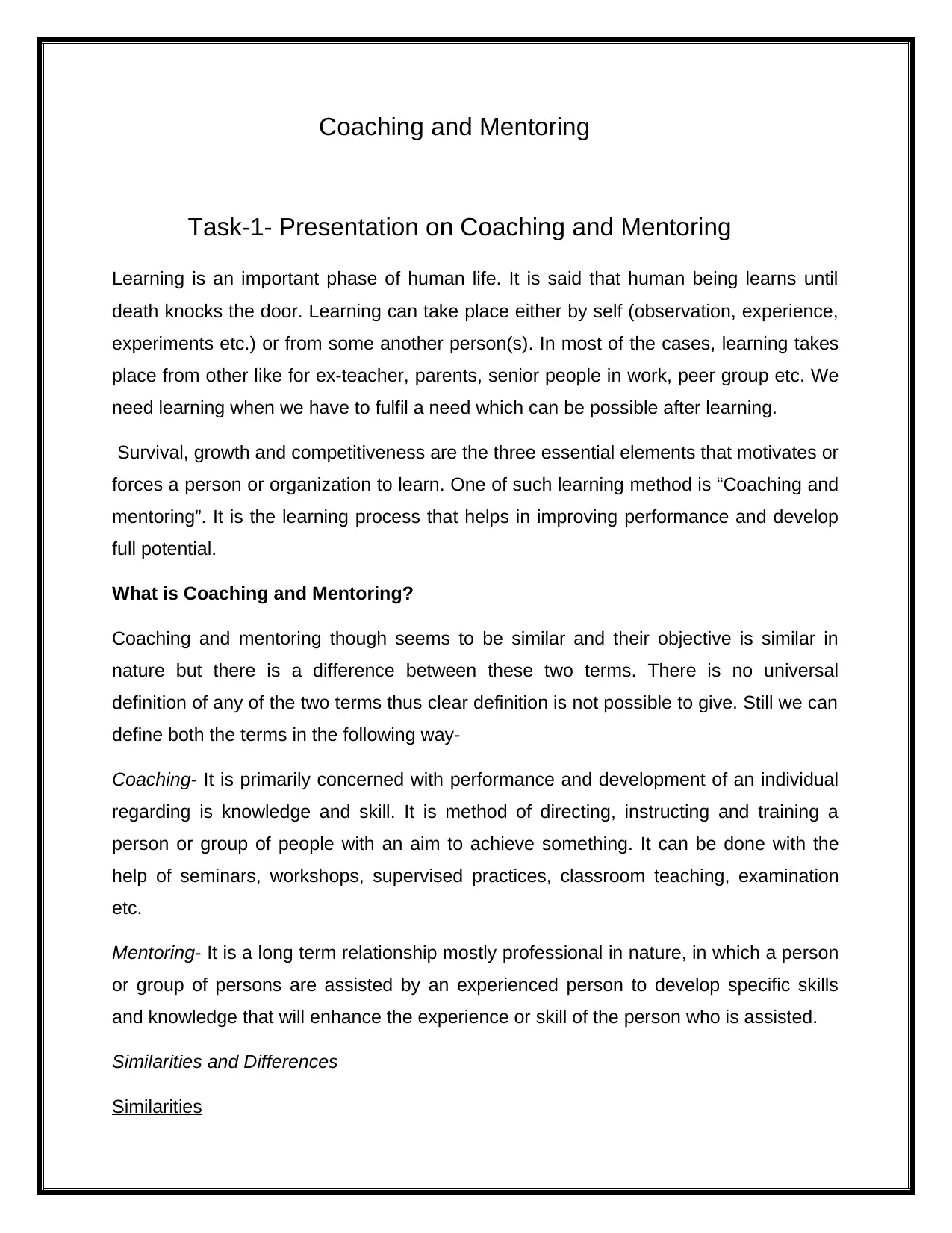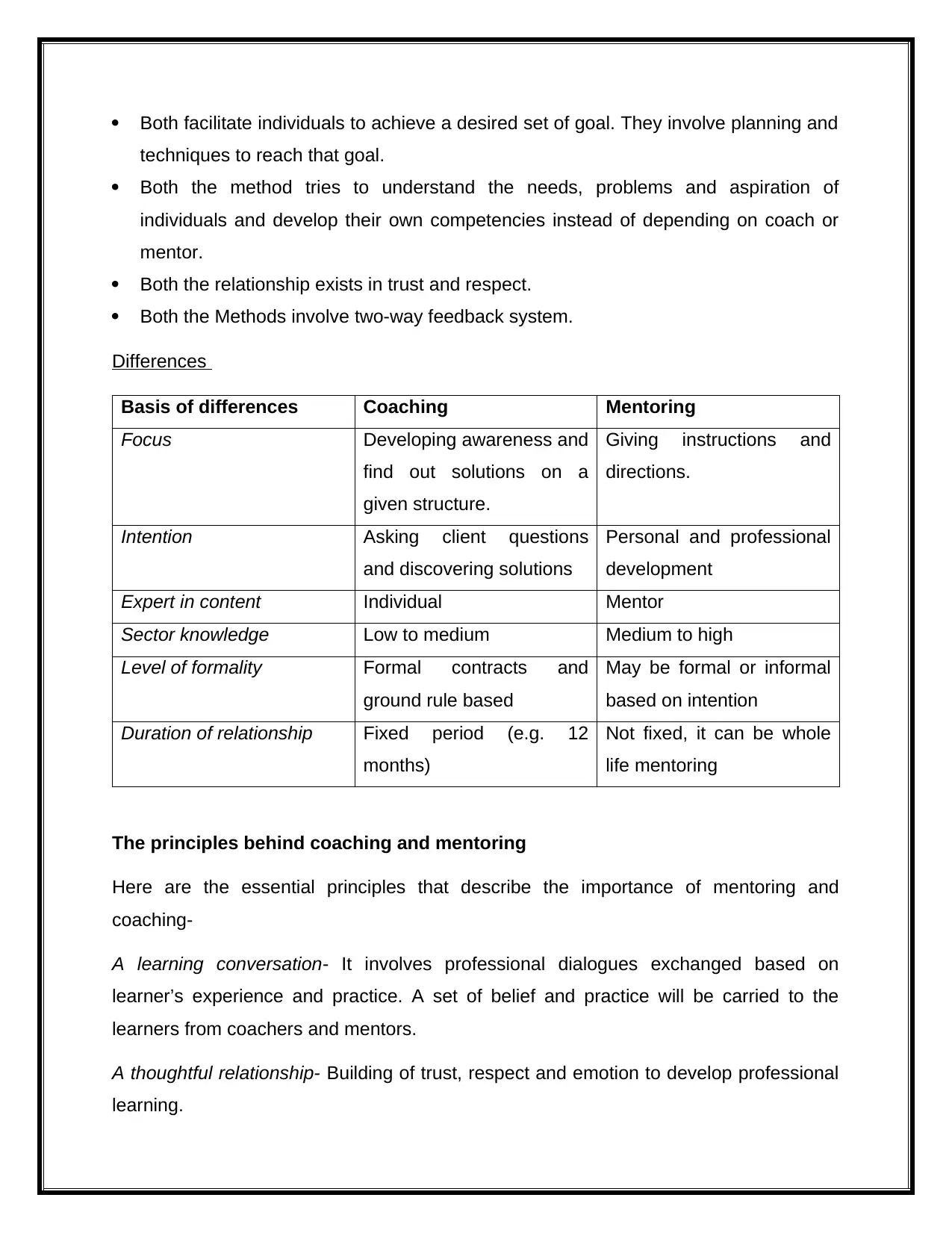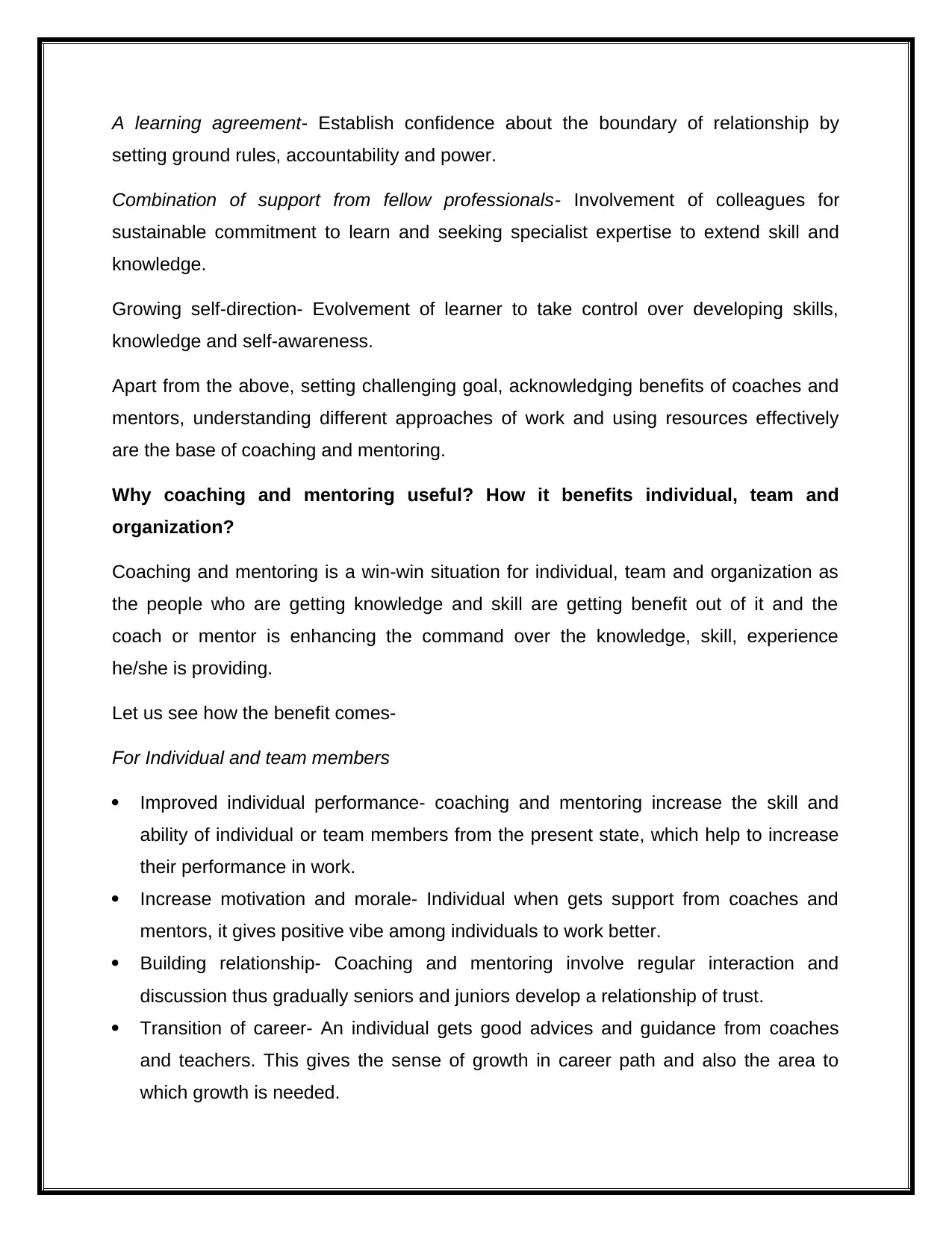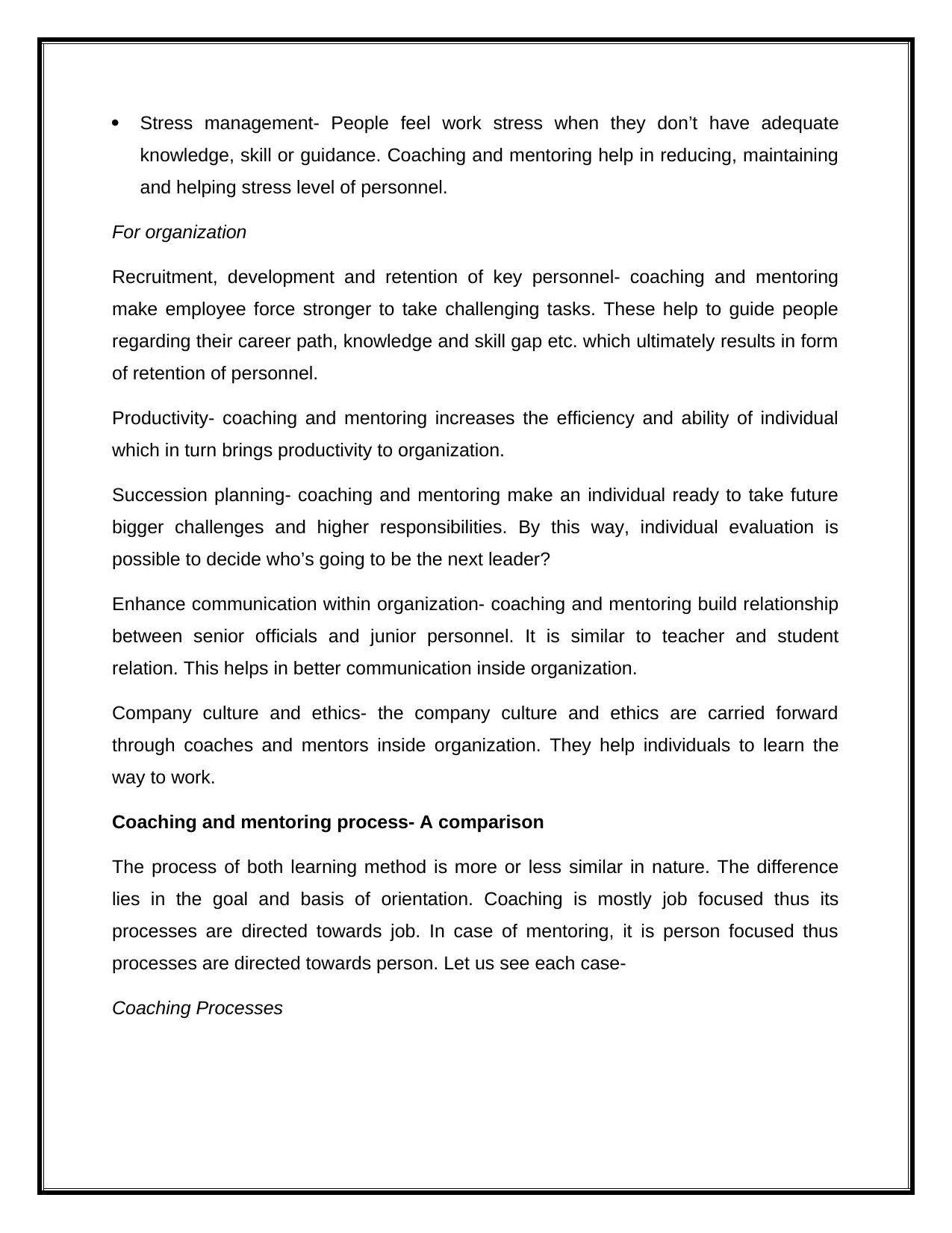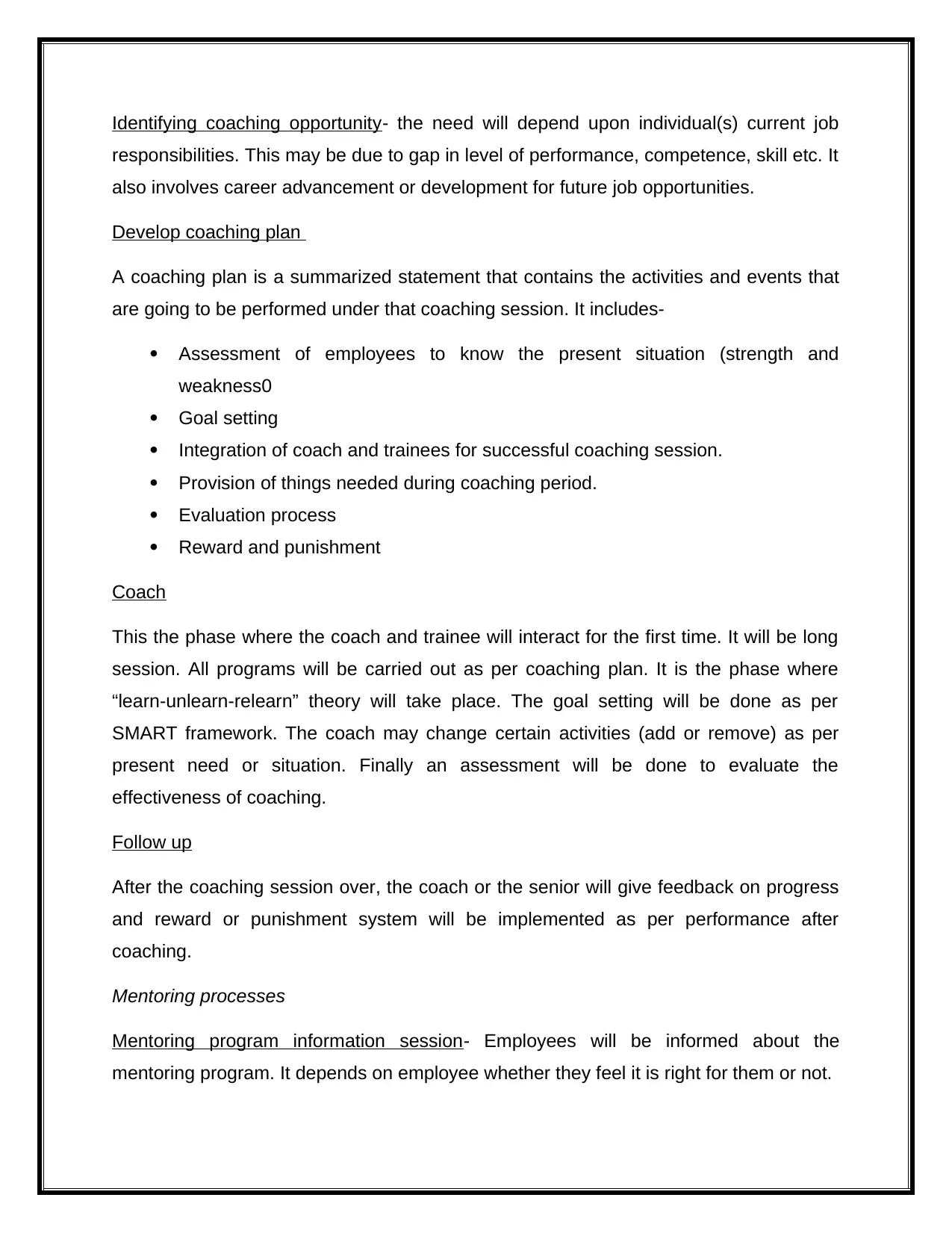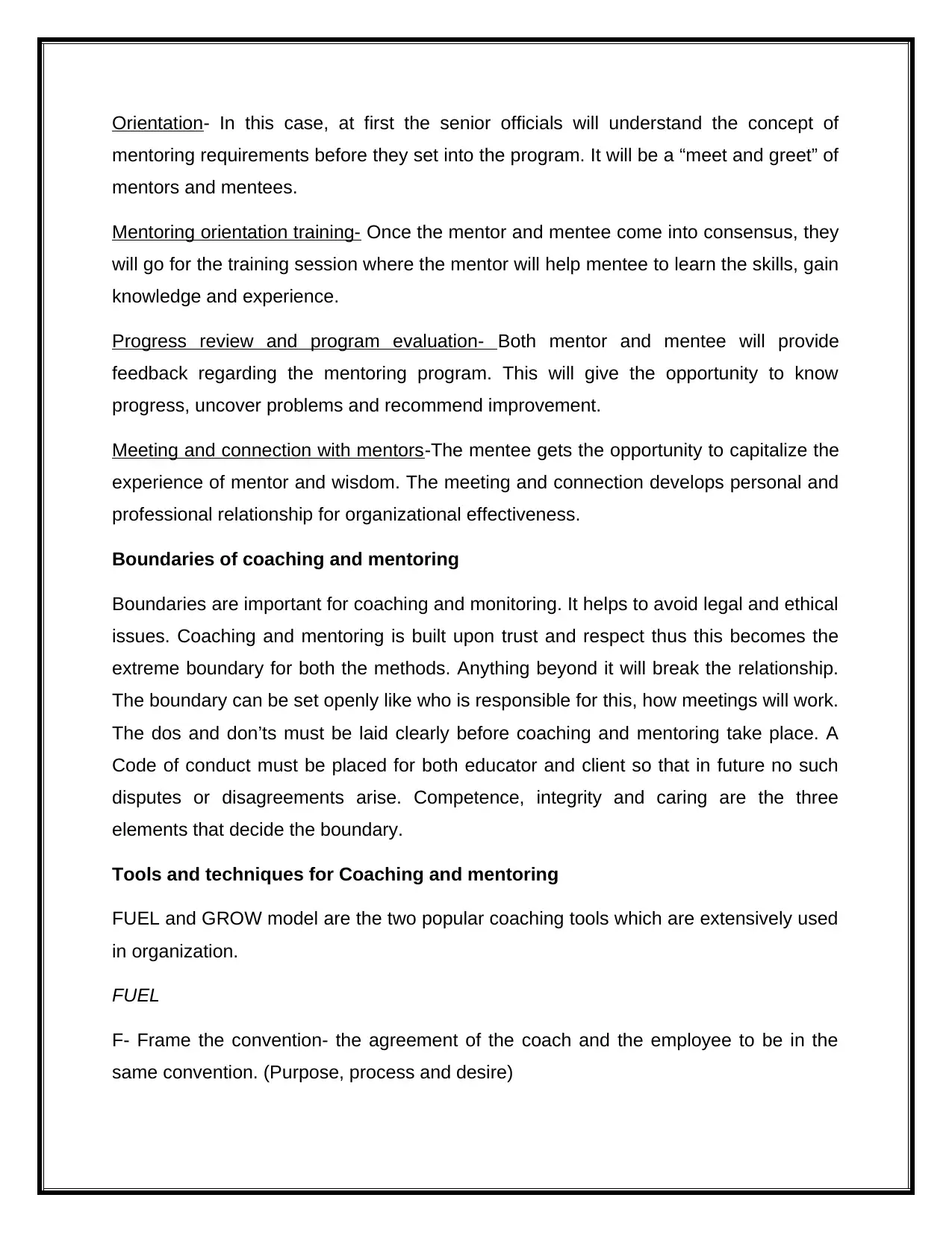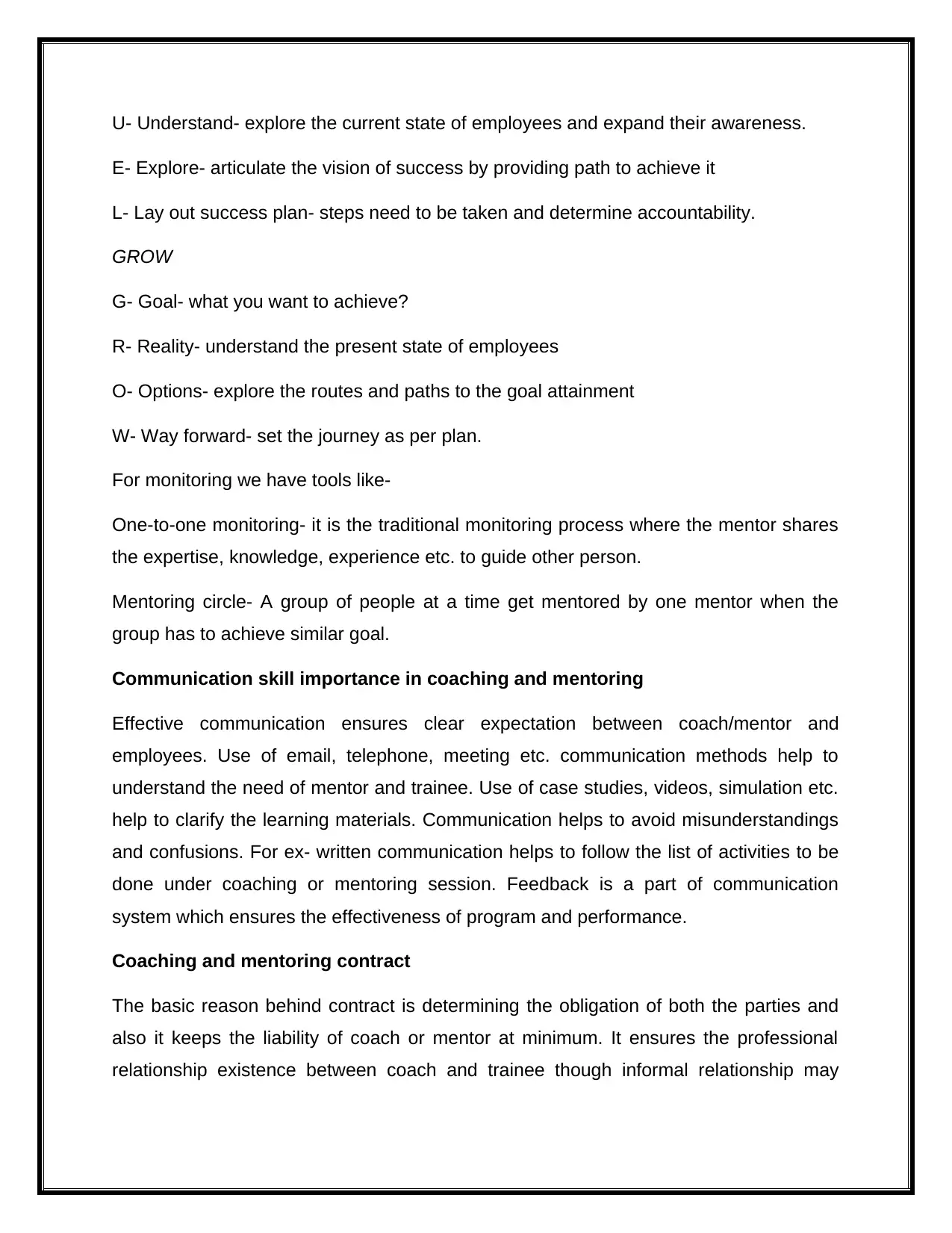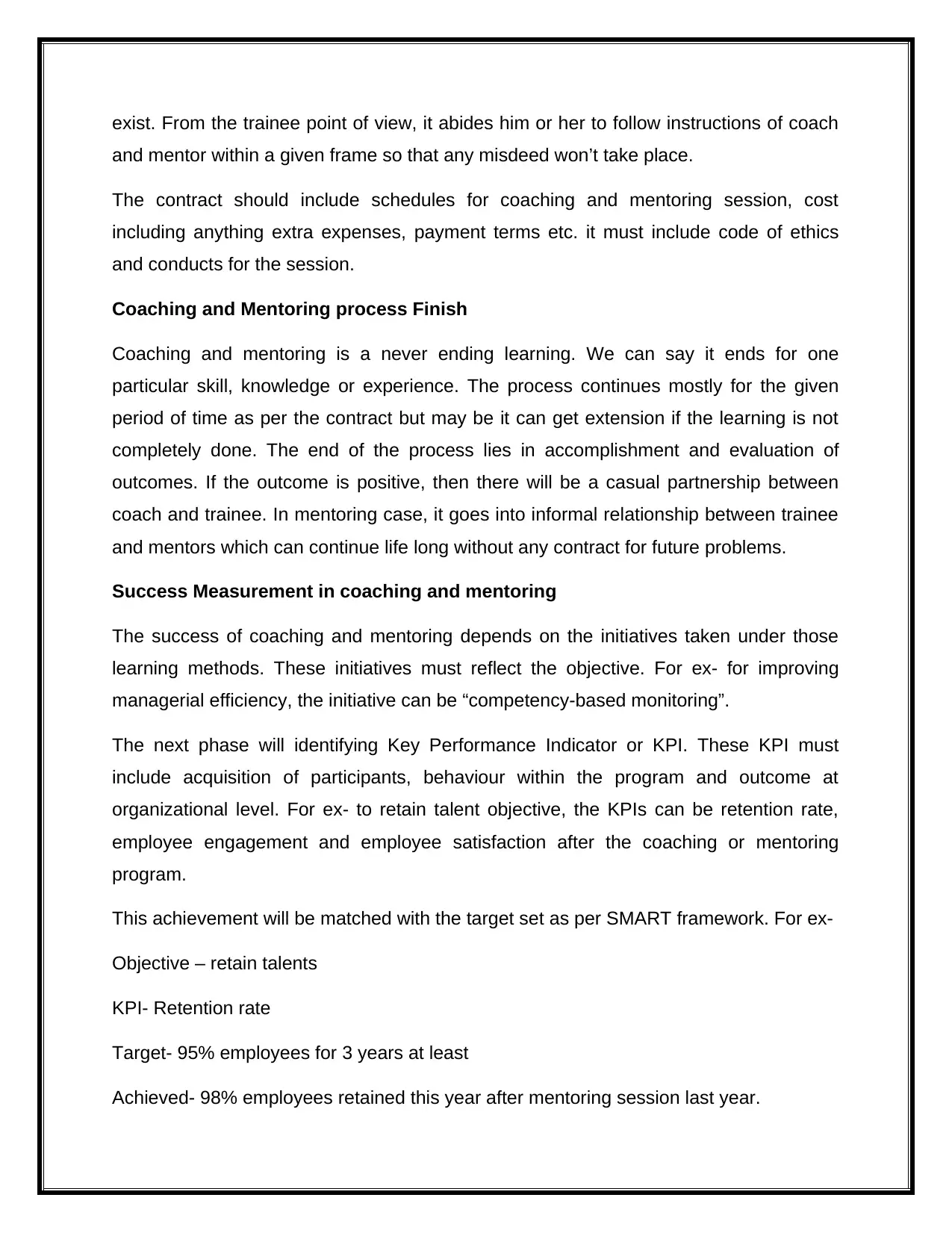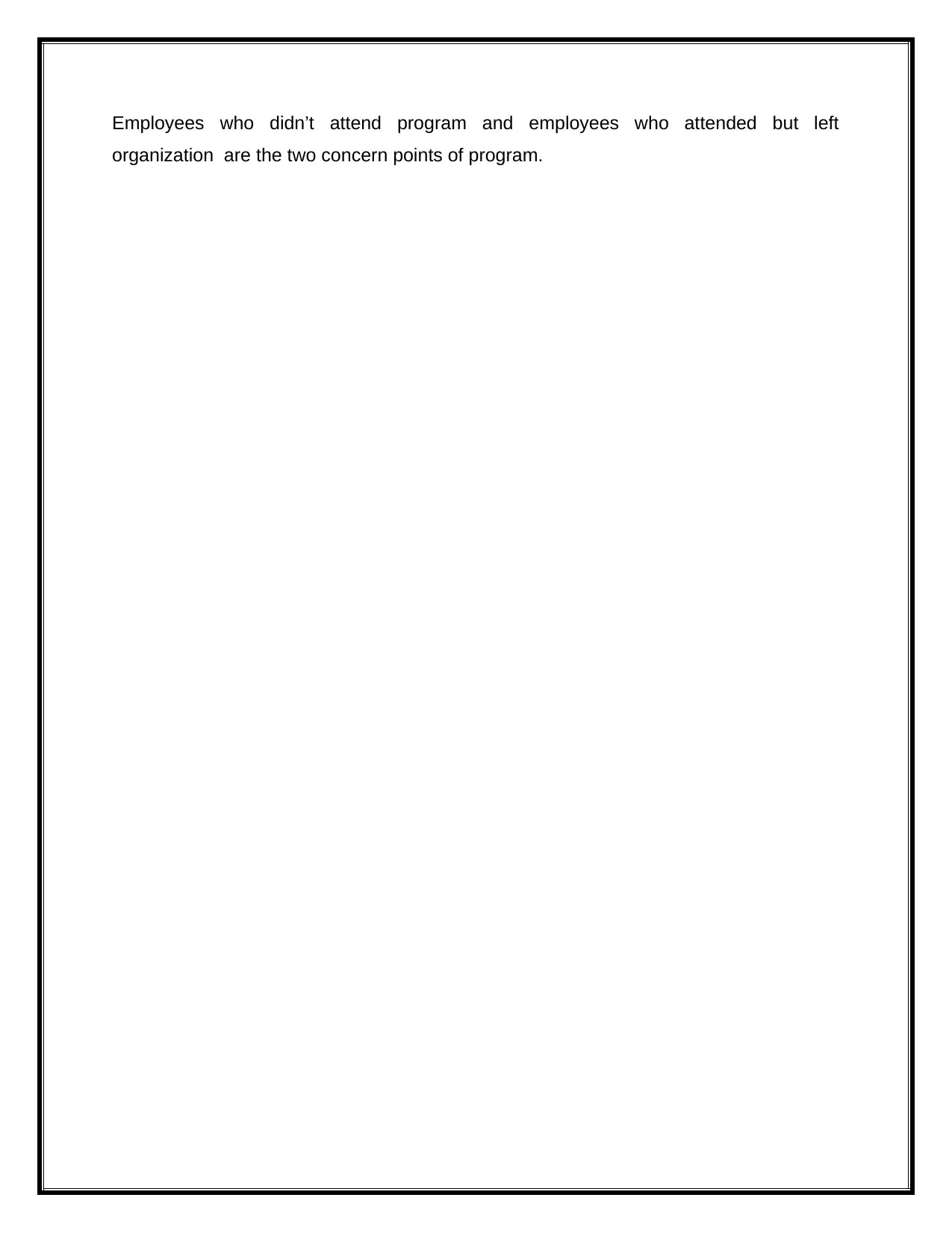The article discusses the importance of coaching and mentoring in an organizational setting. Coaching helps individuals develop their career paths, manage stress, and increase productivity. Mentoring, on the other hand, fosters trust and respect between senior officials and junior personnel, leading to better communication within the organization. The article also highlights the key differences between coaching and mentoring processes, including goal-setting and evaluation methods. Additionally, it emphasizes the importance of setting boundaries, using effective communication tools, and creating a contract for both coaching and mentoring programs. Overall, the article concludes that coaching and mentoring are essential for organizational success and employee growth.
![[object Object]](/_next/static/media/star-bottom.7253800d.svg)
![[object Object]](/_next/static/media/star-bottom.7253800d.svg)
